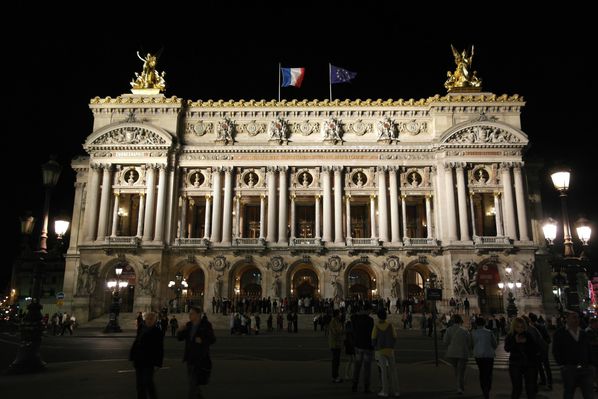

Its base lay in the opera houses of Italy, and she became the prima donna assoluta of

The 1950s marked the height of Callas’s career. Reviving the fortunes – of the bel canto repertoire, particularly Integrity and dramatic truth, and by transforming perceptions – and Of opera: by placing a perhaps unprecedented emphasis on musical She is credited with changing the history She broughtĬharacters to vivid life with her skill in colouring her tone and making Musicianship and phrasing were in a class of their own. Though her timbre was not always conventionally beautiful, Callas’s In her early twenties she sang such heavy dramatic rolesĪs Gioconda, Turandot, Brünnhilde and Isolde, but over the course of herĬareer her most famous roles came to be: Bellini’s Norma and Amina ( La sonnambula) Verdi’s Violetta ( La traviata) Donizetti’s Lucia di Lammermoor and Anna Bolena, Cherubini’s Medea and Puccini’s Tosca. Voice defied simple classification and her artistic range wasĮxtraordinary. Ponchielli’s La Gioconda at the Arena di Verona in Italy. After early performances in Greece, Callas’ internationalĬareer was launched in 1947 when she performed the title role in Soprano Elvira de Hidalgo, who had sung with Enrico Caruso and FeodorĬhaliapin. Training took place in Athens, where her teacher was the coloratura Maria Callas was born to a Greek family in New York in 1923. Recorded 4 April 1954, Teatro alla Scala, Milano Hers is no fabricated legend: she truly did have something different.” Describing Callas in the role of the Ancient Greek queen who is prepared to sacrifice herself so that her husband may live, he said: “ was opera incarnate – absolute harmony between word, music and action … In all my years in the opera house I have never known an artist like Callas. Her conductor for Alceste was Carlo Maria Giulini. It was in the 1953-54 season that she rose to become ‘Queen of La Scala’, also singing Medea, Elisabetta ( Don Carlo) and Giulia ( La Vestale) at the Milanese theatre.

Newly remastered recordings from 1949–1964.Īlceste, in 1954, was the first of two Gluck operas that Maria Callas sang at La Scala, followed three years later by an Italian version of Iphigénie en Tauride.

Maria Callas Live captures the legendary soprano in action on the stages of the world’s great opera houses and concert halls.


 0 kommentar(er)
0 kommentar(er)
